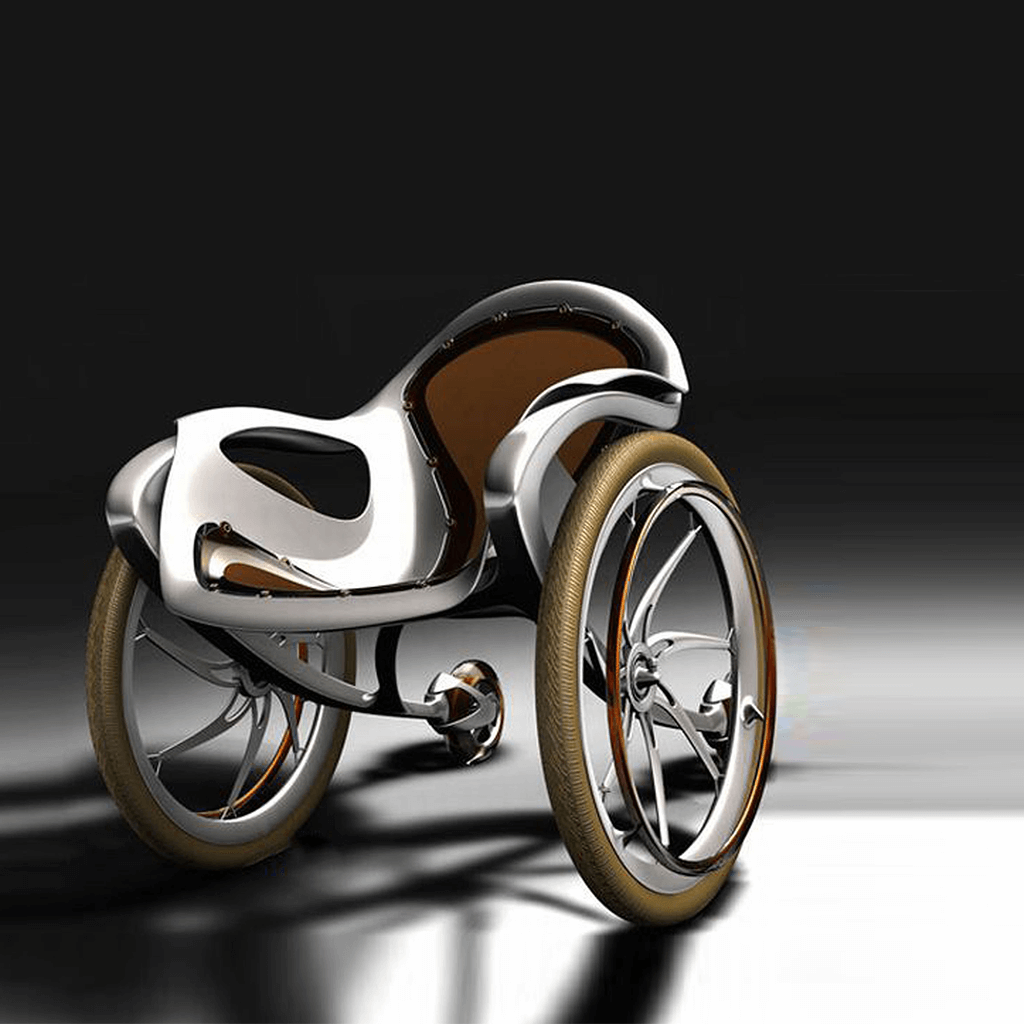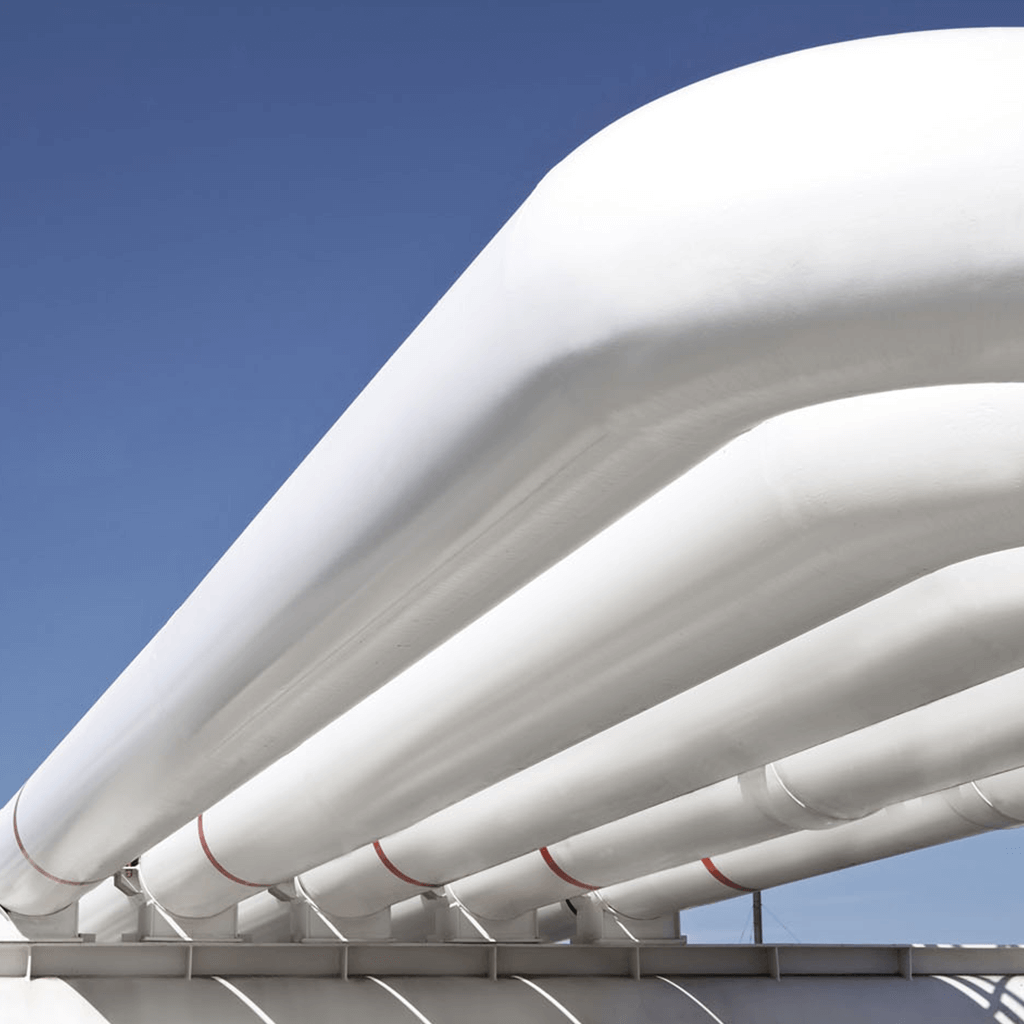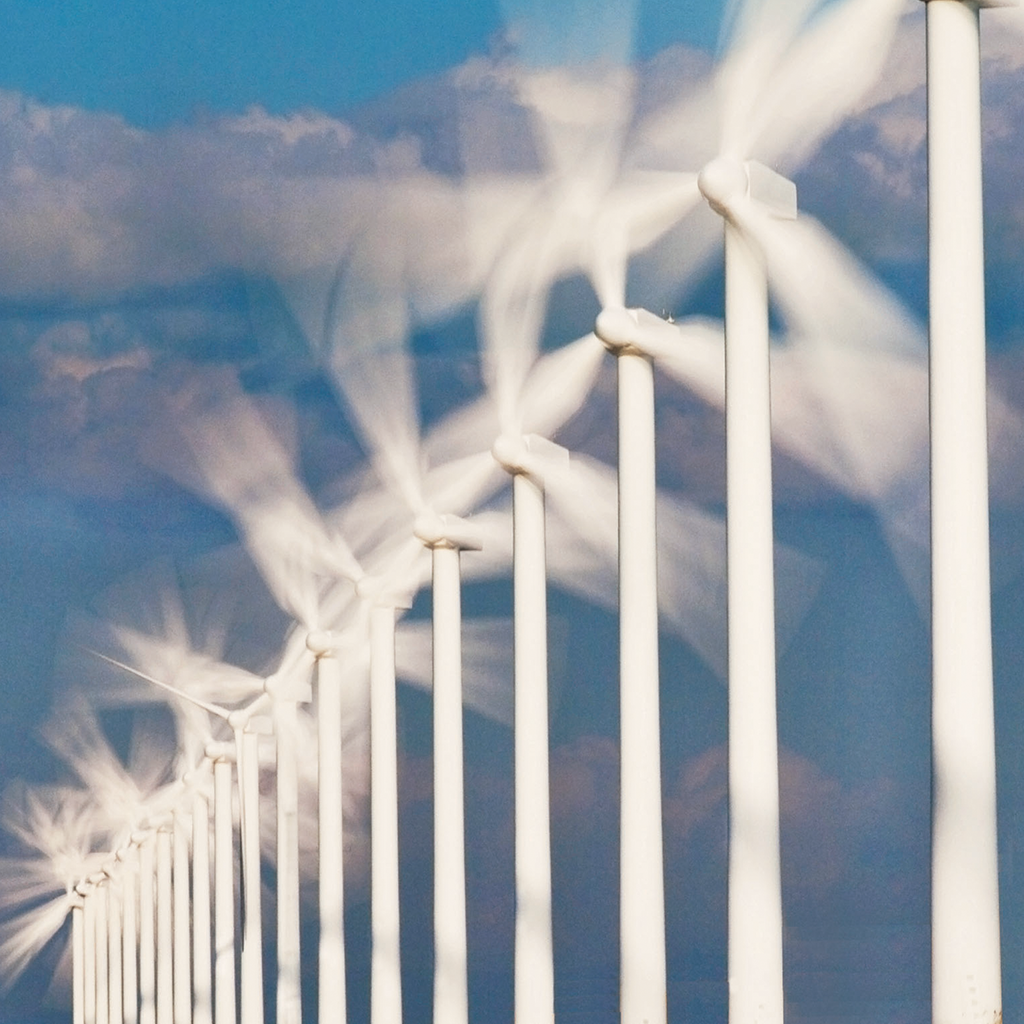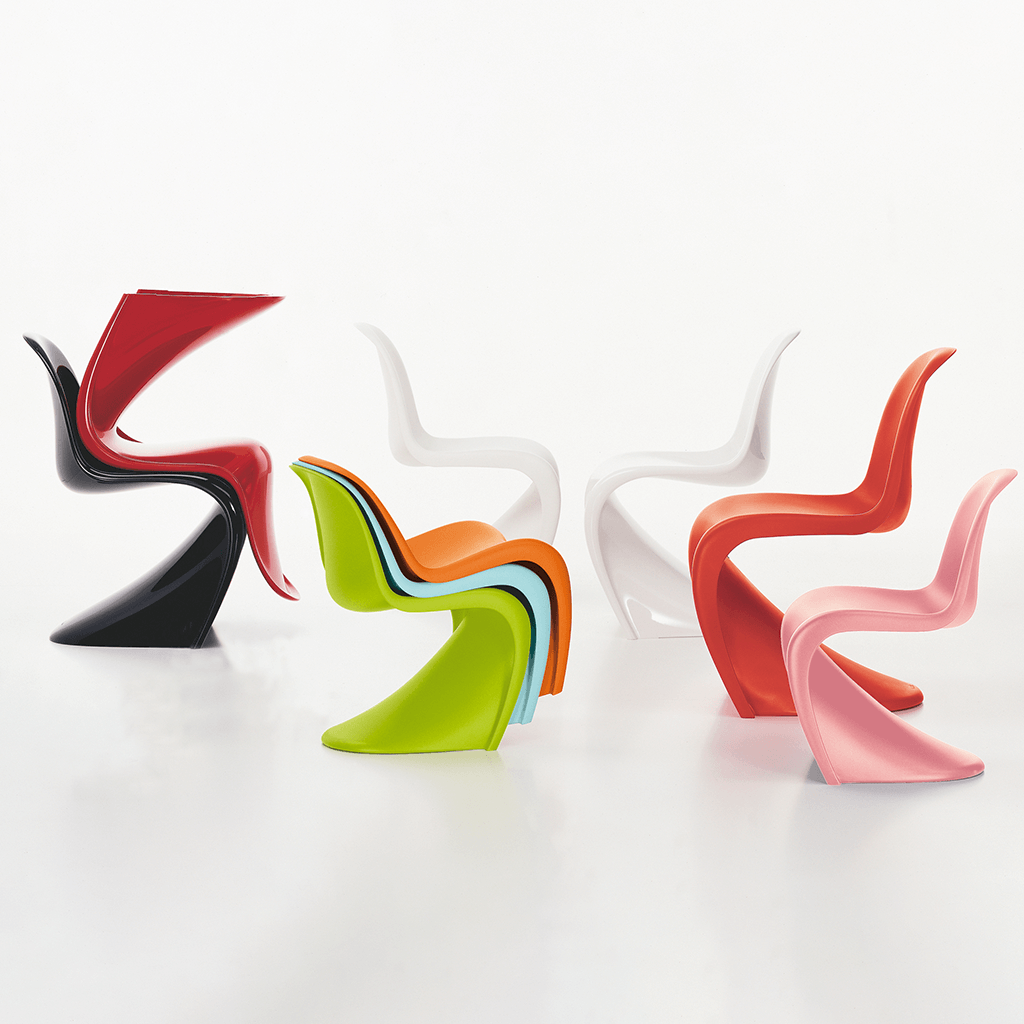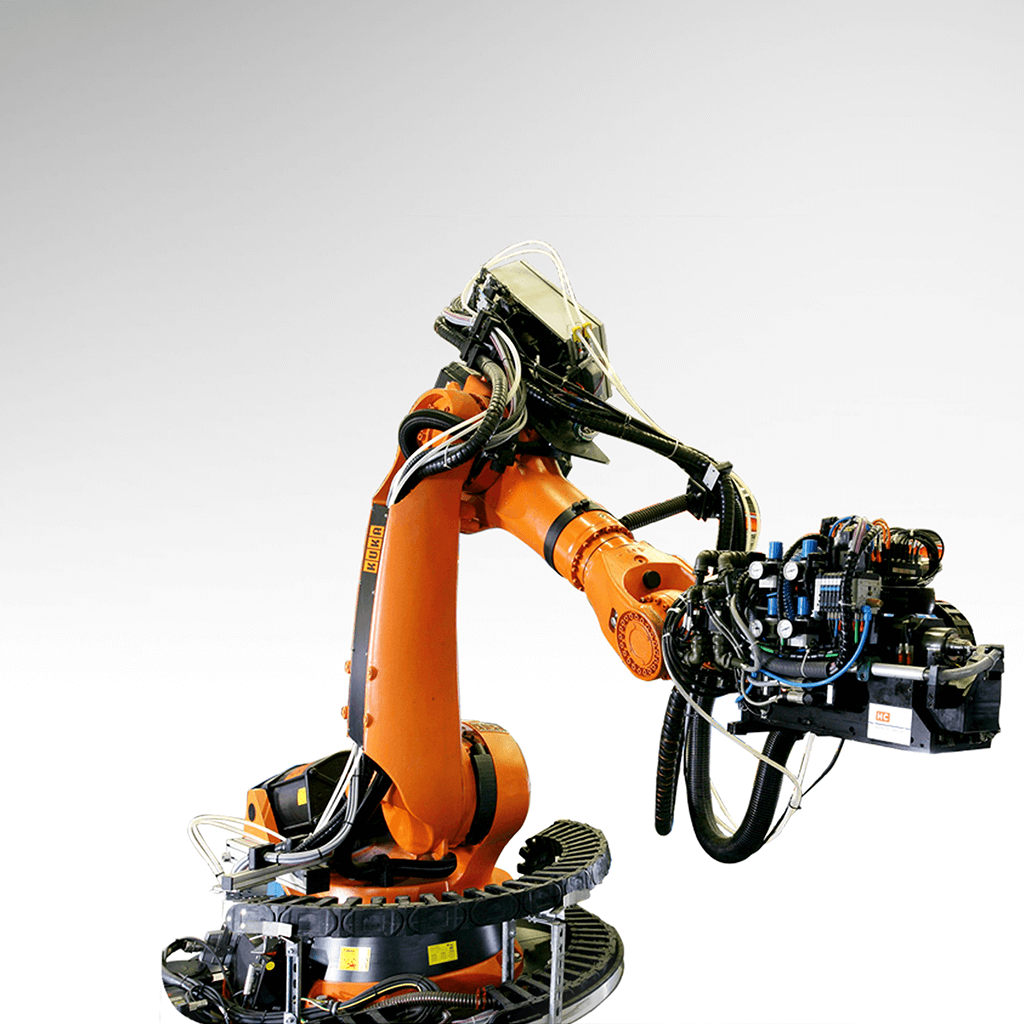“We help companies increasingly pressed to find end-of-life solutions for GFRP”
JEC Composites Magazine catches up with Composite Recycling CEO Guillaume Perben, to hear about their progress since winning the Startup Booster Award, and their focus on the premium end of the market, designing client-specific parameters to obtain the highest-quality fibre and oil outputs.

JEC Composites Magazine: During JEC World 2023, Composite Recycling was awarded by the JEC Startup Booster. Could you let us know which are the last main achievements and developments of your company?
Guillaume Perben, CEO, Composite Recycling: Indeed, it has been quite a year for Composite Recycling! Winning the JEC World Startup Booster Award was a huge honor for us, certainly one of the highlights of the year. In particular, we saw the fact that we received the award for “Process, Manufacturing, and Equipment” as a powerful signal of the composite industry’s validation of our approach.
Then in November, we had the major honor to win the METSTRADE 2023 Boat Builder of the Year Award for Sustainability, along with our industrial partners Beneteau Group and Chomarat. According to the judges, our project (using fibreglass recycled from end-of-life boats in the manufacture of new ones) “provides an answer to one of the largest issues of all – creating a viable second use option within the industry for the millions of GRP hulls manufactured in the last 60 years.”

Getting this recognition at the world’s largest marine industry event felt especially gratifying, given that my idea for Composite Recycling was inspired by concern about what to do with our family boat at the end of its useful days. Fortunately, now I have a satisfying answer to that question!
In parallel to this much-appreciated industry recognition, our R&D efforts continue to bear fruit. In testing with our partner, textile manufacturer Chomarat, we were able to produce the world’s first fibreglass mat using reclaimed fibres, and our funding was extended by the EPFL for continued work on optimisation of recycled glass fibres.
Meanwhile, we are now expanding our focus to also include resins, especially high-end ones such as Elium ® from Arkema. As one example, we are delighted now to be working with University of Applied Sciences Northwestern (FHNW), Switzerland, and the Paul Scherrer Institut (PSI) on ground-breaking new research into optimising the recycled resin to yield the highest-possible value molecules for our industrial partner Huntsman Group.

On the operations side, we incorporated our first branch in Nantes, France, and kicked off production of our first industrial-scale pyrolysis reactor, which will be coming to market next summer. It seems the world is eager to see our solution in action, as we are increasingly getting coverage from mainstream media, such as France24, who did a terrific 9-minute feature on boat recycling in France. And of course, we continue our cooperation with JEC. I even had the good fortune of speaking on the EuCIA panel at JEC DACH along with folks from WindEurope and Geocycle about sustainability and the recycling of composites.
JEC Composites Magazine: You’ve signed an agreement with APER (Association pour la Plaisance Eco-Responsable), what does it mean for your activity in 2024?
Guillaume Perben: Our first industrial-scale machine should be deployed in the summer of 2024, in cooperation with APER. We will be proud to take part to the world’s first national-level boat recycling programme. We will be the partner responsible for recycling the GFRP hulls of the boats –something that up until now, was the only remaining part of the boat they were unable to recycle.
Discover more videos on JEC Composites Web TV.
JEC Composites Magazine: Do you have the ambition to open in new countries ? What would be your target markets?
Guillaume Perben: Our first market is France, given the presence of APER and their unique position to provide us with large quantities of waste fibreglass –specifically, their stockpiles of end-of-life (EoL) boat hulls in need of recycling.
In the future, we will continue to expand in Europe, driven primarily by the increasing pressure created by environmental regulations coming into force in the EU. These have created an enormous sense of urgency for all industries that manufacture using composites to identify viable EoL strategies. For example, measures of EU’s waste framework banning all landfilling will be implemented at the national level, first in Austria. So we have received many enquiries from companies there in a particular rush to find a solution.
We have also expanded our focus beyond EoL waste fibreglass, and now include production waste, which is a substantial volume for numerous manufacturers. Waste produced on the factory floor is in fact that much easier to recycle, since it is homogenous and more straightforward to collect.

JEC Composites Magazine: Technological wise, can you still optimise your thermal process called ‘pyrolysis’?
Guillaume Perben: We do, yes. We are continuously working to improve our process, so we can capture the highest possible value from the reclaimed outputs (glass fibre and pyrolysis oil). Our strategy is to stay at the premium end of the market. The key to success in this approach is to work closely with our partners and clients to design our machine parameters specifically for each single type of resin to be recycled. High-quality, homogenous inputs means we can guarantee consistent, high-quality outputs with maximum reuse potential.
The year 2024 promises to be a big year for us, so stay tuned for more news!



